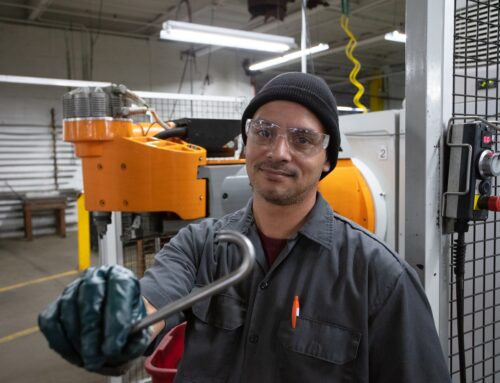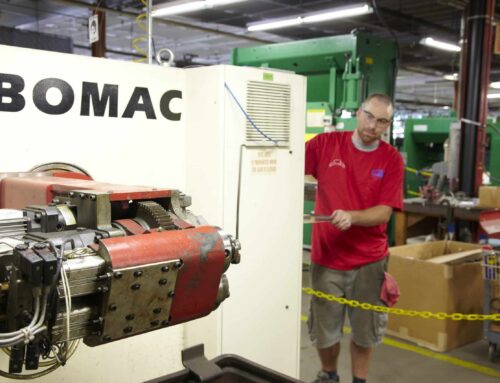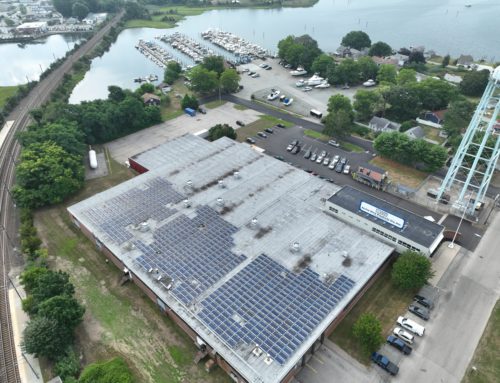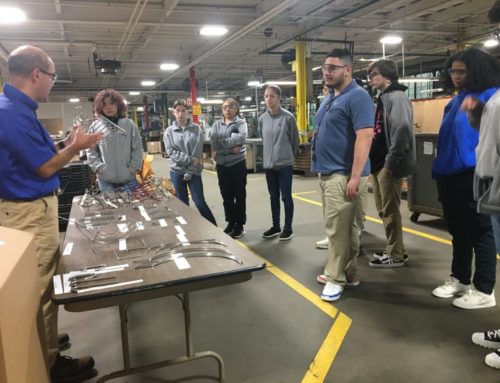Acme Wire is pleased to offer DFARS-compliant components to our customers serving the military. We also know how daunting the DFARS system and lingo can be, so we’ve put together a basic FAQ to help demystify the process. Click on a question below to learn more and then contact us for details on how Acme Wire can help with your next DoD project.
- What exactly does DFARS stand for?
- What is the supplement’s purpose?
- Which section of DFARS relates directly to precision wire components?
- What is a “specialty metal”?
- What is a “qualifying country”?
- Why does it matter where the metal was melted?
- How can I tell if the material in my precision wire components is DFARS-compliant?
- Can I simply list “DFARS-compliant materials” in the specs for my wire components?
What exactly does DFARS stand for? Defense Federal Acquisition Regulations Supplement — It’s the Department of Defense’s version of the Federal Acquisition Regulations and is sometimes known simply as “DFAR.” What is the supplement’s purpose? DFARS, which comprises nearly 20 sections, 100 sub-sections and untold sub-sub-sections, outlines rules concerning contracts, bonds, taxes and labor laws, among myriad other requirements related to Defense Department contracts. Which section of DFARS relates directly to precision wire components? > 252.225.7014 regulates “specialty metals” contained in products covered by DoD contracts. It requires that these “specialty metals” be melted in the United States or a “qualifying country.” What is a “specialty metal”? DFARS 252.225.7014 specifies the following as “specialty metals”:
- Metal alloys consisting of Nickel, Iron-Nickel, and Cobalt base alloys containing a total of other alloying metals except Iron in excess of ten percent, or Titanium and titanium alloys or zirconium and zirconium base alloys.
- Steel with a maximum alloy content exceeding one or more of the following limits. Manganese, 1.65%, Silicon, 0.60%, or Copper, 0.60%, or containing more than 0.25% of any of the following elements: Aluminum, Chromium, Cobalt, Columbium, Molybdenum, Nickel, Titanium, Tungsten, or Vanadium.
What is a “qualifying country”? As of November 2009, DFARS 225.872-1 lists the following “qualifying countries”: Australia, Belgium, Canada, Denmark, Egypt, Germany, France, Greece, Israel, Italy, Luxembourg, Netherlands, Norway, Portugal, Spain, Sweden, Switzerland, Turkey, United Kingdom, and Northern Ireland. Why does it matter where the metal was melted? The Berry Amendment (the predecessor to DFARS’ specialty metal provisions) identified the importance of maintaining and supporting a domestic source for certain strategic materials (such as the specialty metals). Basically, the federal government wants to ensure that these materials aren’t supplied by countries unfriendly to the U.S. How can I tell if the material in my precision wire components is DFARS-compliant? Your wire component manufacturer should be able to supply certificates that vouch for the country where the material was melted. Can I simply list “DFARS-compliant materials” in the specs for my wire components? DFARS is so wide-ranging that you should specify the exact DFAR requirement you need the materials to meet – if your product even requires one of the specialty metals. Providing the requirement number is the best way to ensure that the material in your components complies with the proper regulations. Contact us now to learn why Acme Wire is the right choice for your next precision wire component project.




